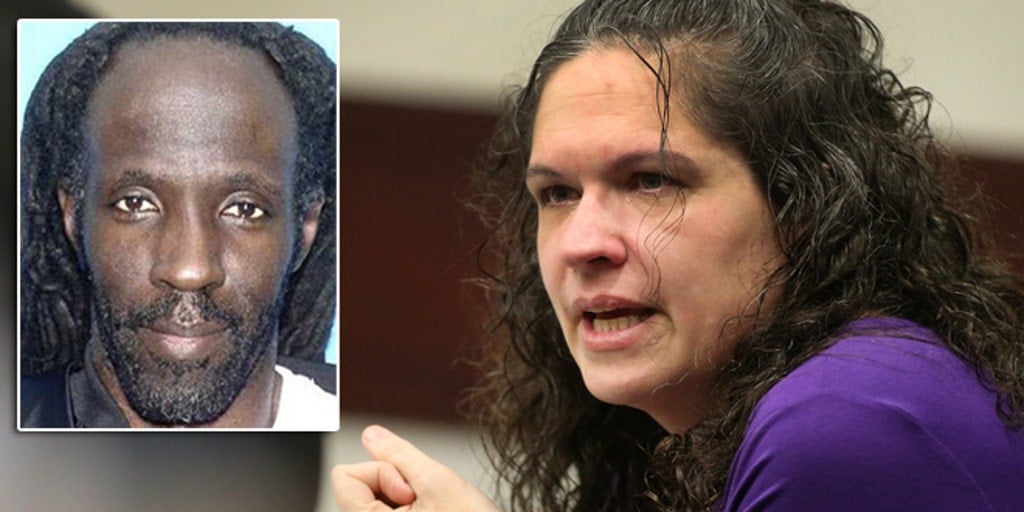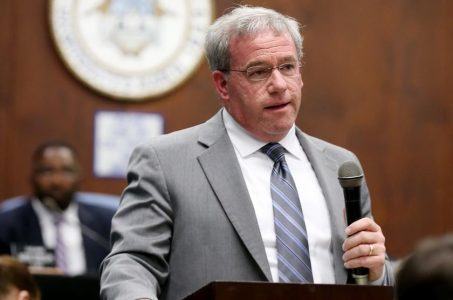Murderer of $30M Florida Lottery Winner Backs Anonymity for Prizewinners
Posted on: March 3, 2022, 06:39h.
Last updated on: March 3, 2022, 02:01h.
A Tampa, Fla. woman serving a life sentence for murdering a $30 million lottery winner for his money is backing a Florida bill that would offer a degree of anonymity for recipients of life-changing jackpots.

Dorice “Dee Dee” Moore, 49, told CBS that the current rules, which dictate a winner’s name, hometown, and prize amount immediately become public information, “puts a target” on them.
And she would know. In December 2012, she was convicted of first-degree murder in the 2009 shooting death of Abraham Lee Shakespeare.
Shakespeare, an illiterate laborer, won $30 million on the Florida Lotto in 2006, choosing to take a lump sum of $19 million. Moore admitted she contacted Shakespeare under the pretense of writing a book about him. Later, she convinced him to give her control of his finances, so she could help him manage his money.
Money Running Out
By the time Moore contacted Shakespeare, he only had around $1 million left. He had given away much of his winnings to friends and family, according to court documents. Moore withdrew the remaining money and immediately bought a Hummer, a Chevrolet Corvette and a truck, before going on vacation, prosecutors said.
After killing Shakespeare, she texted his friends and family from his phone to pretend he was still alive. She told people, variously, he had got sick of persistent requests for money and had gone to Texas, Jamaica or Puerto Rico. Meanwhile, she was looking for someone she could pay to take the rap for killing him.
If you’re curious about the entire story, you can find more detail here.
Dreams Become Nightmares
The bill that gets Moore’s dubious endorsement is currently sitting on Florida Gov. Ron DeSantis’ desk. It would give lottery winners of $250,000 or more 90 days’ anonymity unless they happen to be particularly hungry for their 15 minutes of fame.
Backers say this would afford winners time to seek legal and financial advice and put extra security in place before they became a cog in the lottery’s relentless publicity machine.
“At some point in our lives, we all dream of winning the lottery,” said Rep. Tracie Davis (D-Jacksonville), the bill’s sponsor, during a recent hearing. “Unfortunately for some people, that dream of winning the lottery, sometimes those dreams become a nightmare.”
Most states have rules that say lottery winners must be publicly identified. The thinking is that transparency promotes the perception of the integrity of the lottery. Meanwhile, the publicity generated by a big jackpot winner usually results in a rise in lottery sales for the subsequent draw.
However, some states allow winners to claim prizes anonymously through trusts. A handful, including, most recently, New Jersey, allow winners to opt for privacy right off the bat.
In 2018, the winner of a $560 million Powerball prize, which was then the eighth-biggest jackpot in US history, successfully sued the New Hampshire Lottery for the right to remain anonymous.
Related News Articles
Adelson Dealt Blow in “Foul-Mouthed” Libel Case
Most Popular
Mirage Las Vegas Demolition to Start Next Week, Atrium a Goner
Where All the Mirage Relics Will Go
Most Commented
-
Bally’s Facing Five Months of Daily Demolition for Chicago Casino
— June 18, 2024 — 12 Comments
















No comments yet